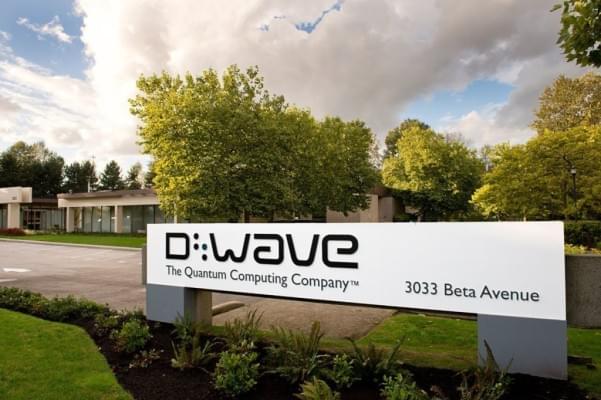For more than 20 years, D-Wave has been synonymous with quantum annealing. Its early bet on this technology allowed it to become the world’s first company to sell quantum computers, but that also somewhat limited the real-world problems its hardware could solve, given that quantum annealing works especially well for optimization problems like protein folding or route planning. But as the company announced at its Qubits conference today, a superconducting gate-model quantum computer — of the kind IBM and others currently offer — is now also on its roadmap.
D-Wave believes the combination of annealing, gate-model quantum computing and classic machines is what its businesses’ users will need to get the most value from this technology. “Like we did when we initially chose to pursue annealing, we’re looking ahead,” the company notes in today’s announcement. “We’re anticipating what our customers need to drive practical business value, and we know error-corrected gate-model quantum systems with practical application value will be required for another important part of the quantum application market: simulating quantum systems. This is an application that’s particularly useful in fields like materials science and pharmaceutical research.”
